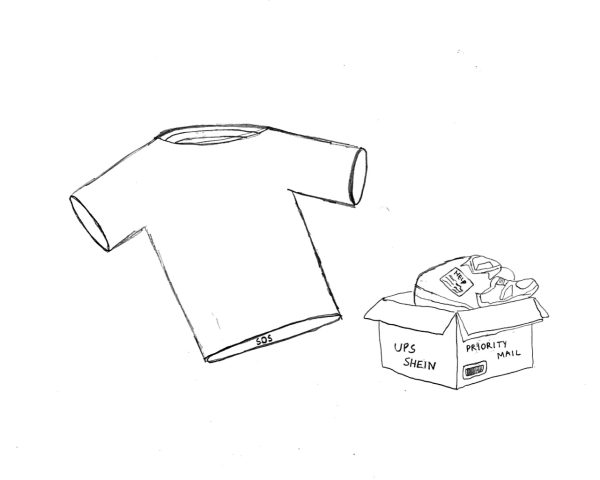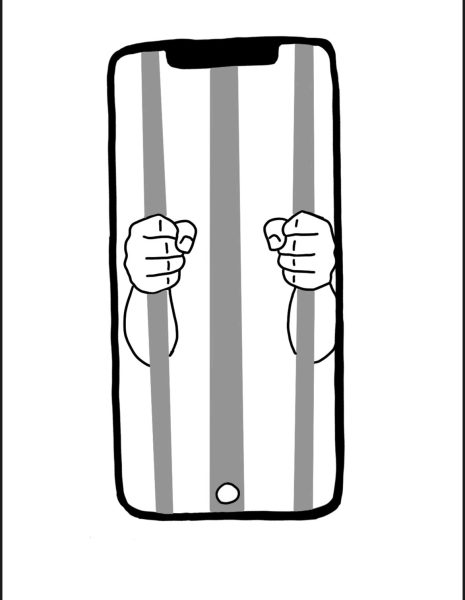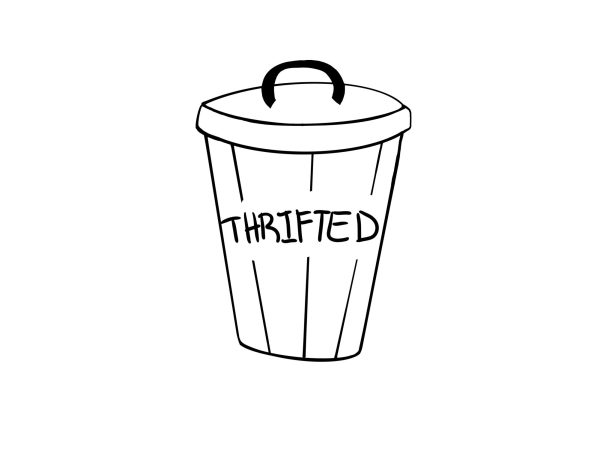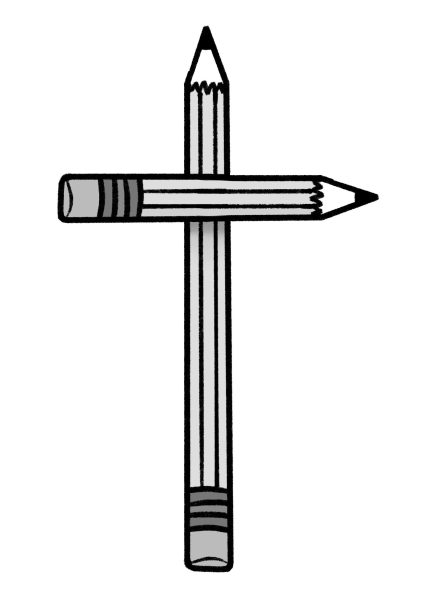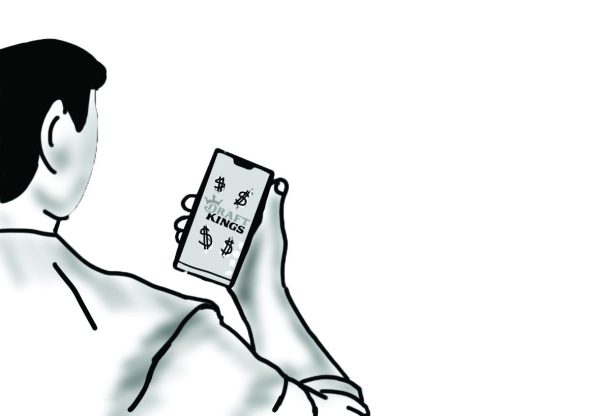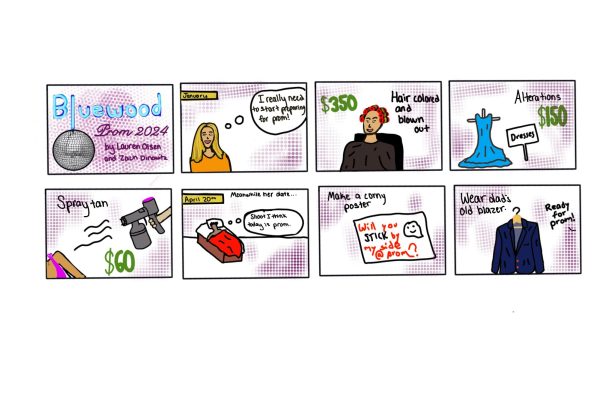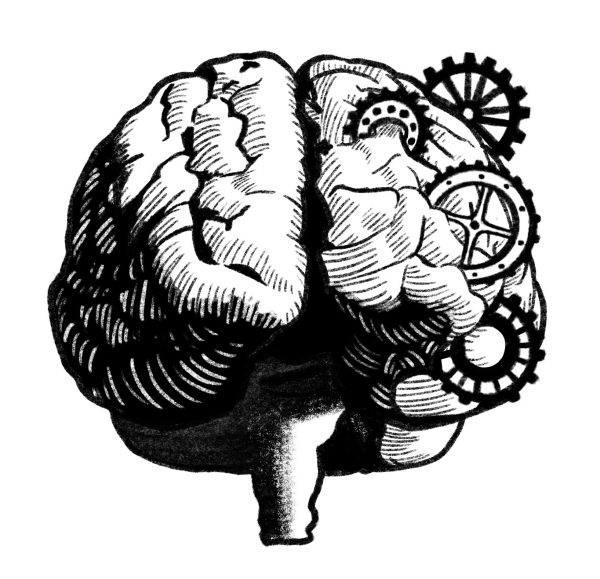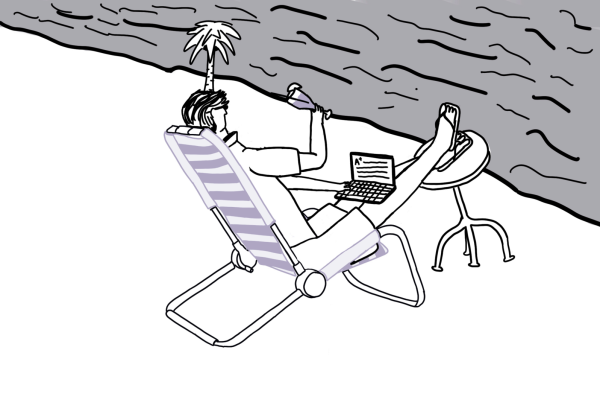A dangerous health class assignment: The PE nutrition unit
December 11, 2021
Editor’s note: This article won second place at the National Scholastic Press Association (NSPA) convention in 2022. It also contributed to a district wide policy change regarding the usage of calorie counting applications in the Tamalpais Union High School District.
“Food, my body and my eating disorder were such a big part of my life. When I had to do the nutrition unit it made me stop and think; [food] is all I can think about, and now I’m thinking about it even more,” said sophomore “Ella,” whose name has been changed for anonymity.
Sophomore year, Redwood students are asked to participate in the Physical Education (PE) nutrition unit. For the majority of classes, this entails using MyFitnessPal, a diet and weight loss app that tracks daily caloric intake. In addition, there is an extensive focus on the nutritional value and labels of foods along with an unnecessary analysis of food intake. Though the unit is a state-required course and the app is well-intended, they have introduced and exacerbated harmful eating habits for many students. The dangers associated with MyFitnessPal, the unnecessary stress the unit inflicts and the effects it has on students with pre-existing disordered eating habits make the nutrition unit detrimental to students’ health and wellbeing.

The teenage years are a time when people are most susceptible to forming harmful habits that can affect them for the rest of their lives. According to Smithsonian Magazine, teenagers have a pattern of engaging in potentially harmful behaviors, such as experimenting with calorie-tracking apps and restrictive eating patterns. Scientists reasoned this was due to “teenagers reward systems being extra sensitive, while their self-control circuits are not fully developed, creating a disastrous pairing of unchecked recklessness.” Because teenagers’ minds are so impressionable, they can easily be impacted by the negative consequences of the calorie counting assignment in the nutrition unit. In fact, according to a November Bark survey, of the 76 percent of students that were required to complete the MyFitnessPal assignment, 38 percent found it triggering. These statistics alone should be enough to prove the nutrition unit is not beneficial for students.
What starts off as harmless calorie counting for a PE assignment can quickly devolve into an eating disorder. According to “The Trouble with Tracking” by Duke Health, “… the effects of calorie-counting applications on college students … found that those who [engaged in] regular calorie tracking on a smartphone application also endorsed disordered eating.” The article emphasized how monitoring caloric intake using an app, such as MyFitnessPal, has been correlated with intensifying disordered eating habits. Even suggesting that students use an app of this nature is irresponsible. Eating disorders are very serious, as they can lead to organ failure and other life-threatening problems. Even once a person has recovered from an eating disorder, they will likely continue to be impacted by it for the rest of their life, considering the addictive nature of eating disorders. According to another article on Medium by Maddy Frederick, who describes her experience with MyFitnessPal as being addictive, “I had to enter everything I ate in order to feel satisfied. I would beat myself up if I didn’t meet my calorie goals.” Whether or not a person has been diagnosed with an eating disorder, they should not be given a tool that has caused people to develop them.
This is not to say that we should cut the nutrition unit completely. Learning about nutrition has many benefits; it teaches students what food groups are important to eat, what nutrients are beneficial and how to cook healthy meals. However, despite all of these positives, the unit’s many flaws need to be addressed.
Implementing advice from a nutritionist into the curriculum would be very helpful for students. A nutritionist could help students with their individual diet questions and be a resource for those who are struggling with disordered eating habits, rather than making it worse by using calorie counting apps and over-analyzing foods. There should be a stronger focus on teaching students how to properly fuel their bodies and brains in the nutrition unit instead of counting calorie intake. Teaching students how to have a balanced diet and to eat based on their own needs should be the focal point.
“All I’ve heard from my doctors, and anybody who I have talked to is that food is just food. You shouldn’t categorize it as healthy or unhealthy,” Ella said.
For a teen who is not impacted by an eating disorder, tracking daily food intake may not be damaging. There is nothing innately wrong with the idea of being aware of what goes into one’s body. However, for the teenage students who harbor insecurities, a school-assigned project of recording their daily food intake could be stressful at best, and at worst, could cause disordered eating habits and backward health priorities.
Students who are struggling with an eating disorder or disordered eating habits, can text or call the National Eating Disorder Helpline at +1 (800) 931-2237 or go to the National Eating Disorder Association’s (NEDA) website for more resources. Redwood’s Wellness center is also open during school hours for free and confidential support for students. https://www.nationaleatingdisorders.org/about-us/our-work








